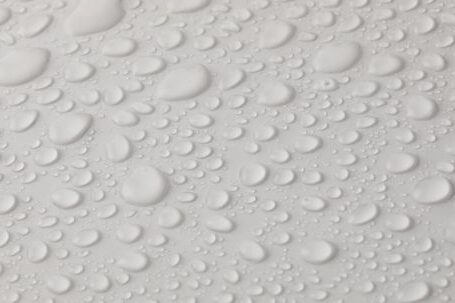Water is a precious resource that is essential for life, yet it is often taken for granted. With growing concerns about water scarcity and the need to conserve resources, many homeowners are turning to water recycling systems for their residential use. These systems offer an environmentally friendly solution to reduce water waste and save money on water bills. In this article, we will explore the benefits and different types of water recycling systems available for residential use.
Why Water Recycling Systems Matter
Water recycling systems are designed to treat and reuse water that is typically wasted. By recycling water, homeowners can reduce their reliance on freshwater sources and decrease the amount of wastewater that is released into the environment. This not only conserves water but also helps to protect natural ecosystems and reduce pollution.
Greywater Recycling Systems
Greywater recycling systems are one of the most common types of water recycling systems used in residential settings. Greywater refers to the wastewater generated from activities such as showering, bathing, and washing clothes. Instead of sending this water directly to the sewage system, greywater recycling systems collect, treat, and reuse it for purposes such as irrigation, toilet flushing, and outdoor cleaning.
These systems typically include filters and disinfection processes to remove impurities and ensure the water is safe for reuse. Greywater recycling systems are relatively affordable and can be retrofitted into existing homes or incorporated into new construction.
Rainwater Harvesting Systems
Rainwater harvesting systems capture and store rainwater for later use. They are especially effective in areas with regular rainfall and can help homeowners reduce their reliance on municipal water supplies. Rainwater can be collected from rooftops and directed into storage tanks, where it is filtered and treated before being used for non-potable purposes such as watering plants, washing cars, or flushing toilets.
While rainwater harvesting systems require an initial investment for installation, they can provide significant long-term savings on water bills. Additionally, they help to reduce stormwater runoff and alleviate pressure on local water sources.
Blackwater Treatment Systems
Blackwater treatment systems, also known as wastewater recycling systems, treat and reuse water from toilets, kitchen sinks, and other sources that are typically considered unsuitable for reuse. These systems employ advanced filtration and disinfection techniques to remove contaminants and pathogens, producing high-quality recycled water.
While blackwater treatment systems are more complex and expensive to install than greywater or rainwater harvesting systems, they offer the greatest potential for water conservation. Recycled blackwater can be used for irrigation, industrial processes, and even in some cases, for toilet flushing.
Conclusion: Embracing Sustainable Solutions
Water recycling systems for residential use offer a sustainable solution to address the increasing water scarcity and environmental concerns. By recycling and reusing water, homeowners can contribute to water conservation efforts, reduce their ecological footprint, and save money on water bills. Whether it’s through greywater recycling, rainwater harvesting, or blackwater treatment, these systems provide an effective way to make our homes more environmentally friendly. With the ongoing advancements in technology and increased awareness about the importance of water conservation, it is essential for homeowners to embrace these sustainable solutions and play their part in preserving this precious resource for future generations.



